|
Humankind originated in Africa. Caves at the Cradle of Humankind near Johannesburg are key to understanding this heritage and the details of our origins. But for decades we’ve had no idea how old the caves are - and so couldn’t provide conclusive dates for the many fossils found in them. Now that’s changed. Robyn Pickering explains how she and others calculated the age of the caves. In another blast from the past, Cameron Penn-Clarke discusses what he’s discovered about a mysterious extinction event 400 million years ago by studying rocks, minerals and sediment
that are still visible in South Africa’s Western Cape province.
On the political front, the threat posed by “fake news” continues to pre-occupy readers across Africa. A new study by Herman Wasserman and Dani Madrid-Morales shows that the sharing of false information is so widespread that it’s eroded trust in the media. From Kenya, Hassan Juma Ndzovu argues that the influence of extreme religious views can be traced back to a Saudi-educated preacher while Reuben Loffman offers some insights into the upcoming elections in
the Democratic Republic of Congo.
World Toilet Day has highlighted the need for safe sanitation. Mooyoung Han and Shervin Hashemi describe innovative toilet designs that would suit Africa better, while Samantha Winter explains
why shared toilets in urban settlements aren’t being used. And as the fight against malaria in sub Saharan Africa continues, Mamadou Coulibay writes that although scientific innovation is needed, community buy-in is just as
important.
|
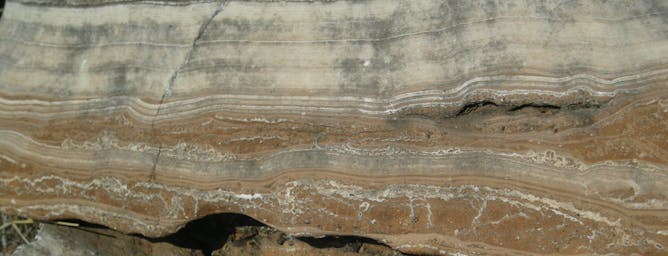
Beautifully preserved flowstone and sediment layers from the Cradle of Humankind.
Dr Robyn Pickering
Robyn Pickering, University of Cape Town
South Africa's fossils can step out of the shadows of being undated and undateable.
|
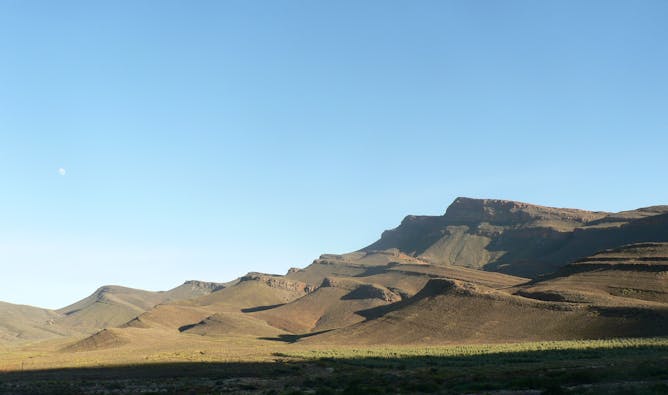
Klipbokberg, Grootrivierhoogte, in the Cederberg. These mountains contain clues about ancient landscapes.
Cameron Penn-Clarke
Cameron Penn-Clarke, University of the Witwatersrand
A record of sea-level change from 400 million years ago in South Africa, reveals how ecosystems and environments collapsed at the South Pole.
|
In other news...
|

Herman Wasserman, University of Cape Town; Dani Madrid-Morales, University of Houston
Disinformation in Africa often takes the form of extreme speech inciting violence and spreading racist, misogynous, xenophobic messages.
| |

Hassan Juma Ndzovu, Moi University
The jihadi initiative remains a loose political force in Kenya. This is dangerous for a few reasons.
|
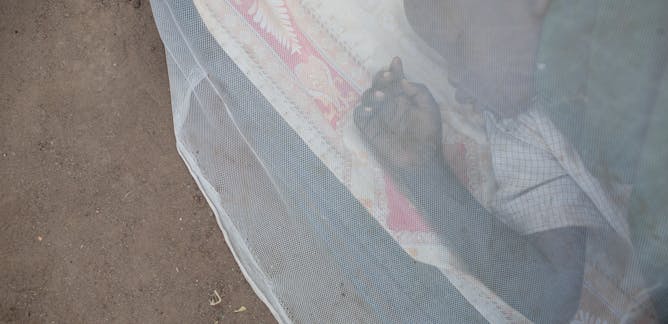
Mamadou Coulibay, Université des sciences, des techniques et des technologies de Bamako
The fight against malaria needs scientific innovation. But community buy-in is just as important.
| |
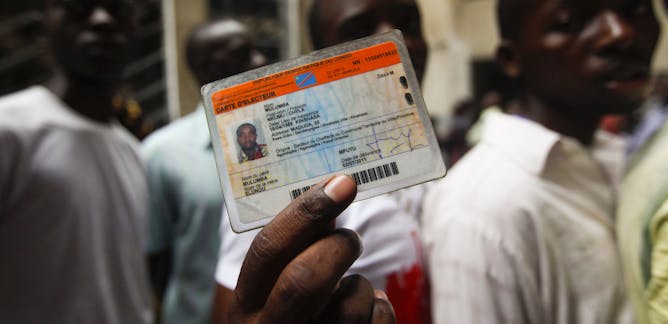
Reuben Loffman, Queen Mary University of London
It's been an eventful year for the Democratic Republic of Congo as the country prepares for elections.
|
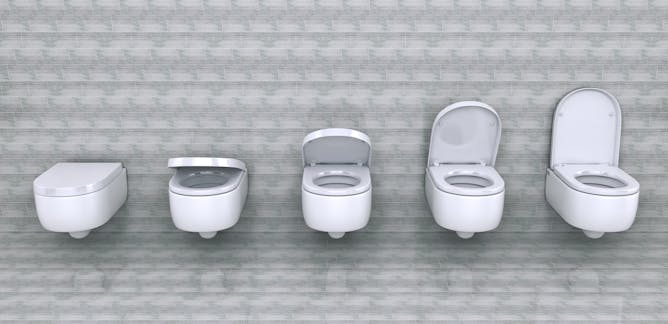
Mooyoung Han, Seoul National University; Shervin Hashemi, Seoul National University
Existing toilets aren't a good fit for parts of sub-Saharan Africa because many areas lack water and there's often no proper plumbing.
| |
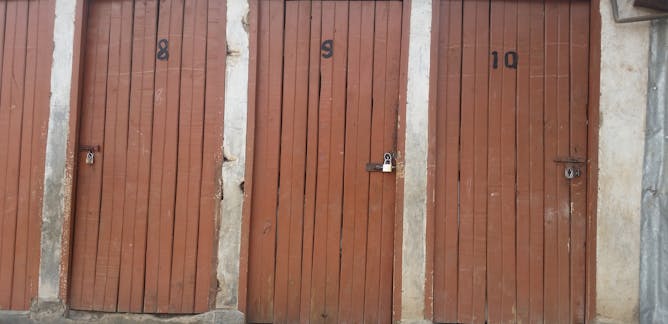
Samantha Winter, Rutgers University
Women in developing countries are burdened by the lack of access to proper toilets in their homes, communities, schools and public spaces.
|
|
|